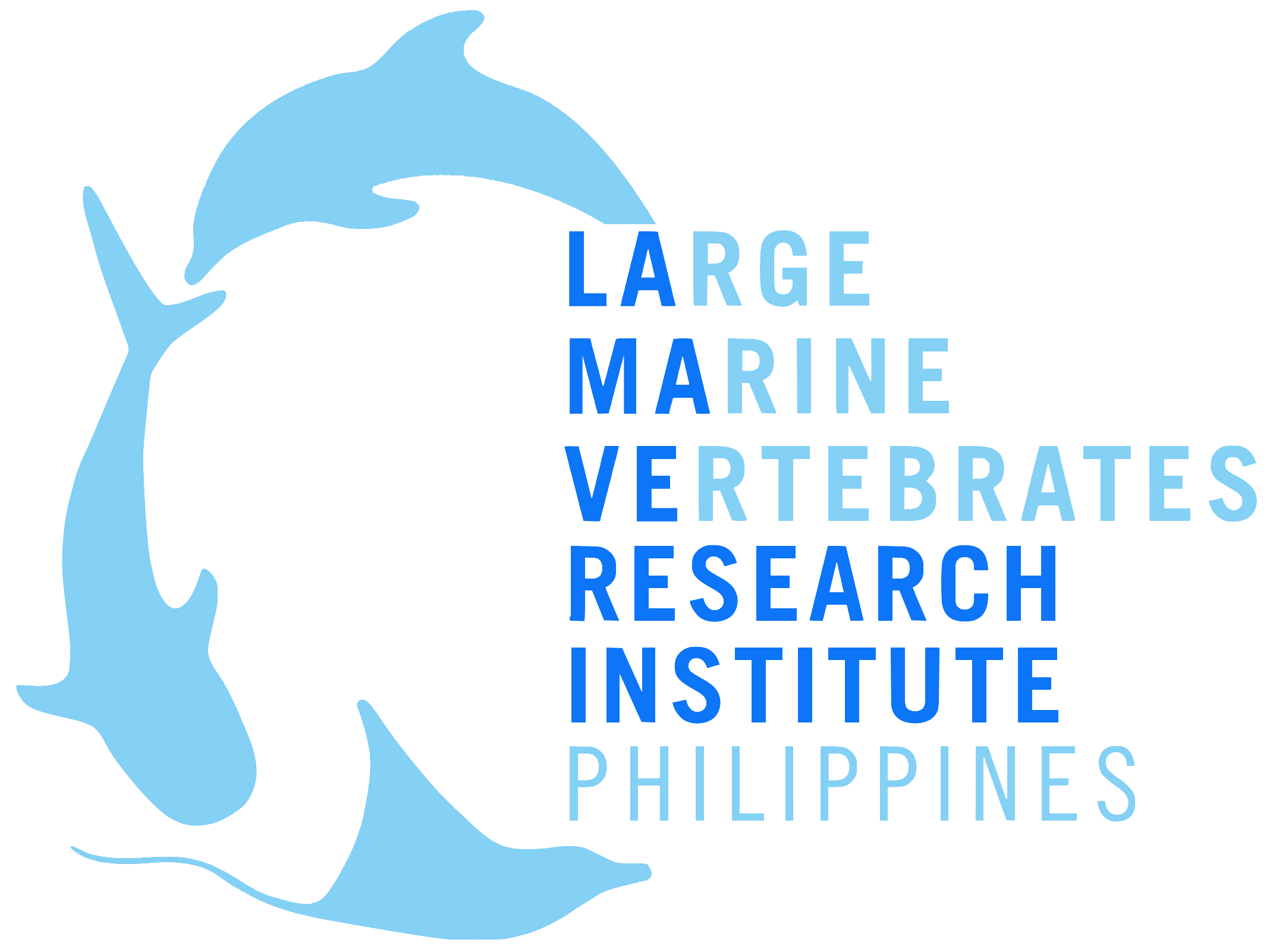New study finds that working in wildlife tourism can act as an incentive for the conservation of marine species
Philippines. 22 March 2021, A new study by researchers from the University of Victoria (CA) and Large Marine Vertebrates Research Institute Philippines has found that working in wildlife tourism can act as an incentive for the conservation of marine species. Community-based whale shark tourism workers had more protectionist views, recognising the inherent value of wildlife, and were more likely to report positive changes in their attitudes and behaviours to protect whale sharks.
Read More






